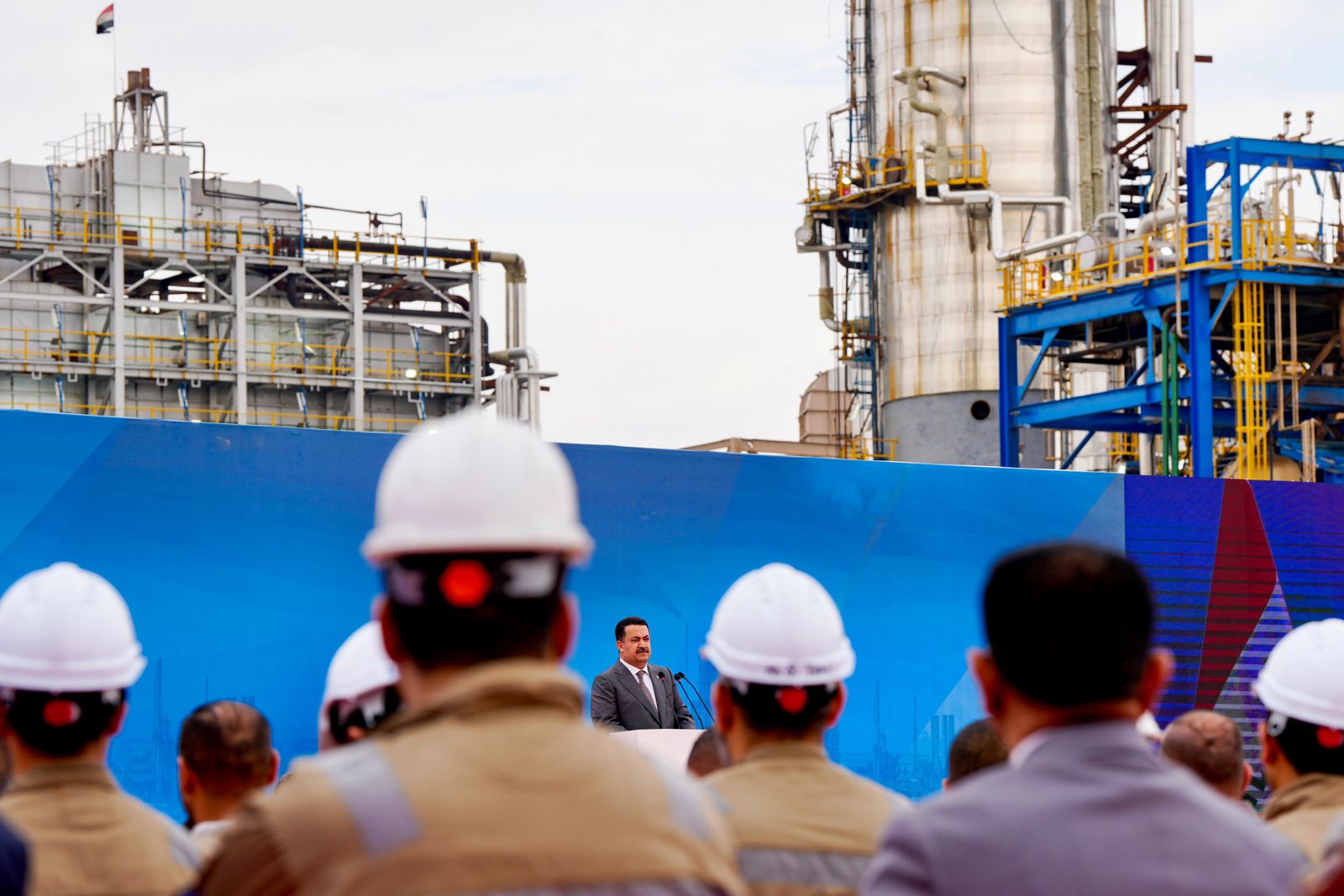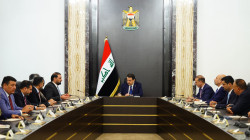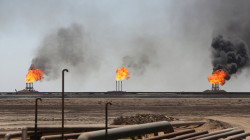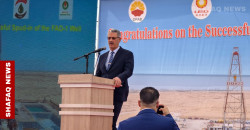Iraq anticipates reduction in oil derivatives imports, aiming for self-sufficiency by year-end

Shafaq News / Member of the Parliamentary Oil and Gas Committee, Bassem Naghish Al-Ghribawi, affirmed on Sunday that the commencement of production in the Karbala and Samawah refineries will significantly reduce the importation of oil derivatives, noting that the middle of the current year will witness a decrease in imports by half, saving substantial funds for the country.
He explained, "Iraq imports 13 million liters of gasoline daily, costing the state about five billion dollars annually. If these funds remain in the treasury, they will contribute to revitalizing the Iraqi economy."
Al-Ghribawi announced that "Iraq will witness a significant decrease in the quantity of oil derivatives imports in the second half of 2024 by 50% or more."
Earlier today, Prime Minister Mohammed Shia Al-Sudani stated during a workshop held in Baghdad to support the national industry in Iraq, "Iraq has achieved self-sufficiency in fuel thanks to the government's efforts in the refinery sector," expecting that "Iraq will stop importing oil derivatives during the current year and achieve a surplus used to operate factories."
He added, "Iraq, due to flared gas and the need for funds and energy, has set a timetable to stop gas flaring within a period not exceeding five years."
According to previous statements from the Ministry of Oil and government officials and specialists, Iraq aims to stop fuel imports and achieve self-sufficiency in oil derivatives by 2025 through a plan based on the development and reconstruction of the refining sector in the country, which deteriorated due to some refineries being targeted in terrorist attacks affecting their productivity.
Notably, Iraq relies heavily on imported oil derivatives to meet its domestic demand despite being an oil-producing country.
The imports include gasoline, diesel, and other refined petroleum products due to limited refining capacity and infrastructure challenges.
The country's refining sector has struggled to keep up with demand due to underinvestment, maintenance issues, and security concerns.
As a result, Iraq imports a significant portion of its petroleum products, primarily from neighboring countries such as Iran, Jordan, and Turkiye.
This heavy reliance on imports makes Iraq vulnerable to fluctuations in global oil prices and exposes it to geopolitical risks in the region.




